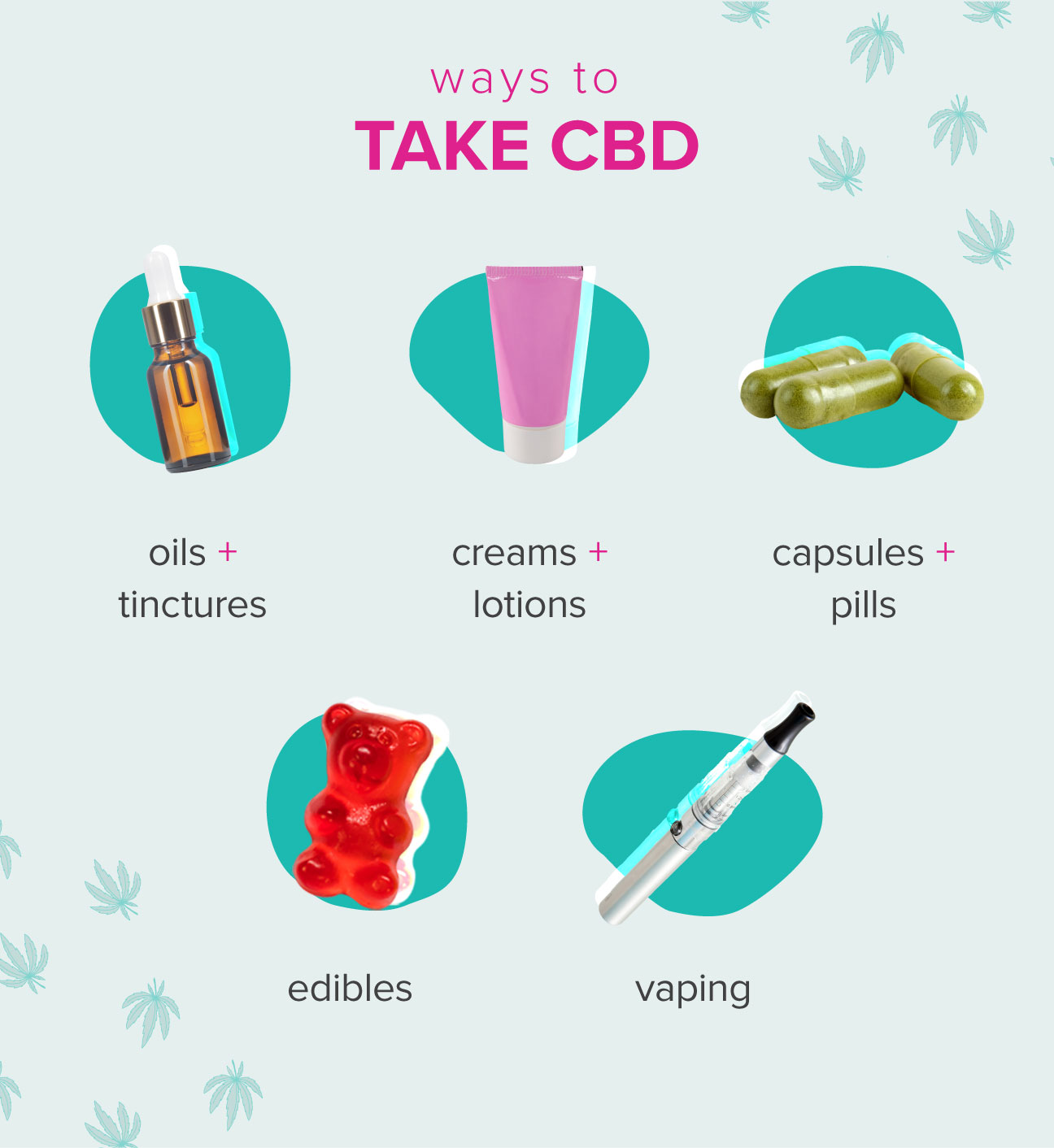CBD Oil for Pain Management
For many people, conventional medications are not always enough to help manage the persistent symptoms of pain. Fear of addiction, mixed reactions and overdose often make patients reluctant to accept a recommendation for high-strength painkillers, even on the advice of a doctor.
But there may be a better solution. Cannabidiol (or CBD) has gained popularity in recent years, but is often misunderstood. As a cannabis derivative, your first impression of CBD oil can be linked to the idea of ”gaining height”. In reality, tetrahydrocannabinol (or THC) is the chemical composition of cannabis responsible for creating psychedelic effects on the mind.

CBD interacts with the body’s receptors, which can act as a natural, anti-inflammatory and anti-inflammatory aid for mental health. Even if the respondents were still confused about the legality of CBD oil (nearly 31%), its psychoactive effects (29%), or even what it is (29%), these concerns were overshadowed by a general interest in learning more.
Nearly 72% of respondents were willing to try CBD for pain relief, and less than 1 in 5 suggested that it may not be effective in reducing their symptoms. In addition to the states that legalized marijuana for recreational or medicinal purposes, 17 others have passed legislation allowing the use of the CBD in a variety of health-related ways.
CBD is more than the second most abundant cannabinoid produced by Cannabis sativa. Researchers are discovering evidence that cannabidiol is viable as a treatment for various mental and physical disorders.
The CBD, acronym for the wonderful compound cannabidiol, has long remained in the shadow of its psychoactive brother, the cannabinoid THC. Recently, scientists and consumers have begun to recognize the countless benefits of CBD on physical and mental health. We’ve compiled below 10 CBD benefits that might surprise you about the therapeutic potency of this essential compound.
CBD Modulates THC
CBD is considered to be a non-psychoactive cannabinoid, which means that it does not produce a “hovering” effect when ingested. As most cannabis users know, THC causes different psychotropic effects when consumed. It can even cause anxiety, paranoia and panic when it is consumed excessively. Fortunately, eating CBD is known to counteract the symptoms of anxiety with sedative attributes that reduce physical manifestations, such as tremors and rapid heartbeat. CBD and THC act together more effectively than they do in isolation, in a process known as the “Entourage Effect”.
Pain Relief and Inflammation
If we had to talk about all the potential influences of CBD on human health, we would have to fill in more pages than this article can contain. One of the most cited applications of CBD on consumer health is the relief of pain and inflammation.
While CBD research has made significant progress in recent years, the international medical community still has to fully accept cannabinoids as medically beneficial. A 2012 study published in the Journal of Experimental Medicine found that CBD suppresses chronic inflammatory pain in rodents. In their testimonials, many medical cannabis users suggest that taking CBD supplements is essential to reduce the inflammatory symptoms associated with chronic pain.
Cannabinoids such as CBD help facilitate the mediation of pain by the human endocannabinoid system. Cannabinoids attach to receptors and stimulate responses in different areas of the body, encouraging a host of positive neurological returns. There is evidence that CBD binds to CB1 receptors and produces analgesic effects.
CBD Oil – Osteoarthritis
Osteoarthritis (A) A degenerative disease that affects cartilage and joint bones, causing pain and stiffness. This often affects the joints of the hip, knee and thumb.
Some animal studies suggest that CBD could help treat arthritis and relieve the inflammatory pain associated with it. A 2016 study found that topical application of CBD had the potential to relieve pain and inflammation associated with arthritis. A study of 2017 found that CBD could be a useful treatment for OA joint pain.
CBD Oil and Chronic Pain
CBD can help manage chronic pain by affecting the brain’s response to pain signals. Cannabinoids, like CBD, connect to specialized receptors in the brain and immune system of a person and thus bring relief.
One of these receptors, called a CB2 receptor, plays a role in the immune system by managing pain and inflammation.
In one way or another, scientists believe that CBD affects how these receptors respond to signals sent to them, perhaps by helping to reduce inflammation and pain. Researchers believe that when CBD enters a person’s body, it can attach to CB2 receptors.
How to consume CBD oil
There are three methods of cannabinoid assimilation by the body:
Vaporization, smoke of essential oils / air
Oral ingestion
Cutaneous application, externally
It is not possible to consume CBD oil through the airways after spraying it because it is not intended for this purpose. CBD oil is only intended for oral and external use in direct application and ingestion. Specific products such as liquid CBD vaporizer are available for the consumption of CBD in the form of steam
It is the liposoluble nature of the cannabinoids that allows the transmission of CBD through the skin. When they are carried by a balm or oil they are then absorbed by the body with great ease. Sublingual transmission is based on exactly the same principle.
The effects of cannabis on the epidermis are the subject of many testimonials and personal experiences often documented all lead to the same word of conclusion: miraculous.
It seems that the antiseptic, antifungal, bactericidal and anti-inflammatory qualities of CBD oil are an effective answer to innumerable skin conditions. The most common of these conditions are: psoriasis, chronic urticaria, chronic dermatitis, acne prevention, eczema.
For all these conditions, the development of targeted cannabinoid treatments improves the cell cycle of skin and a healthy regeneration of epidermal tissues. Huge hopes rest on research in the field of cutaneous cannabinoids. Today, certain diseases that were still thought to be incurable are again being approached by researchers in a new light. All this is partly due to the obvious impact of cannabis oils on the health of the skin in particular.



